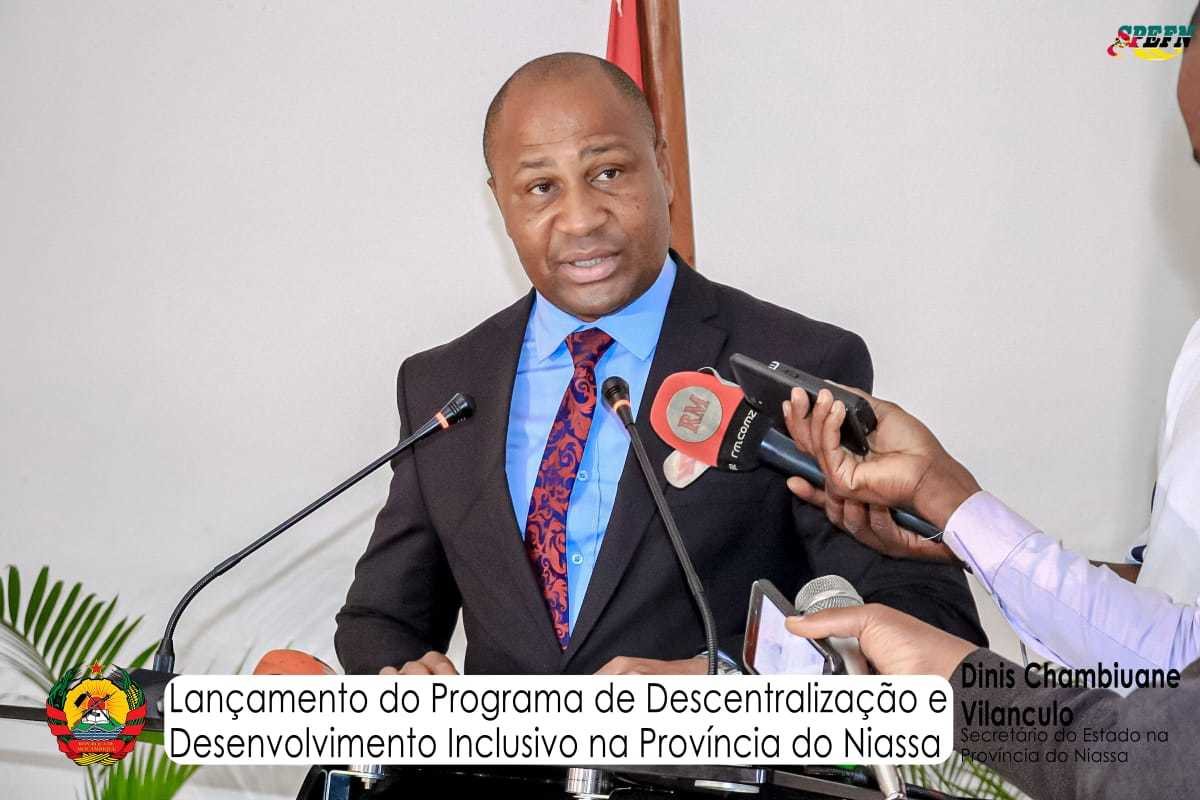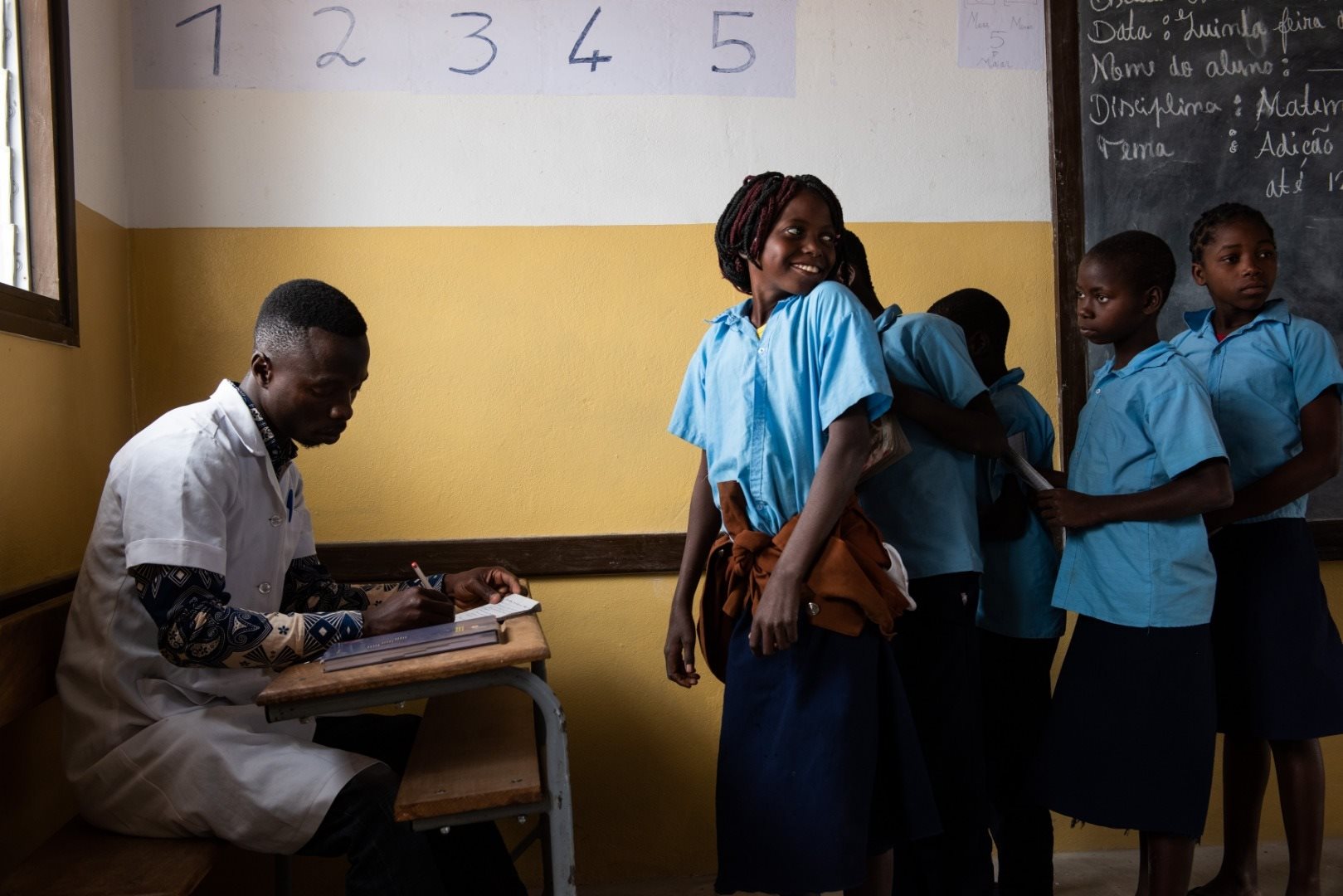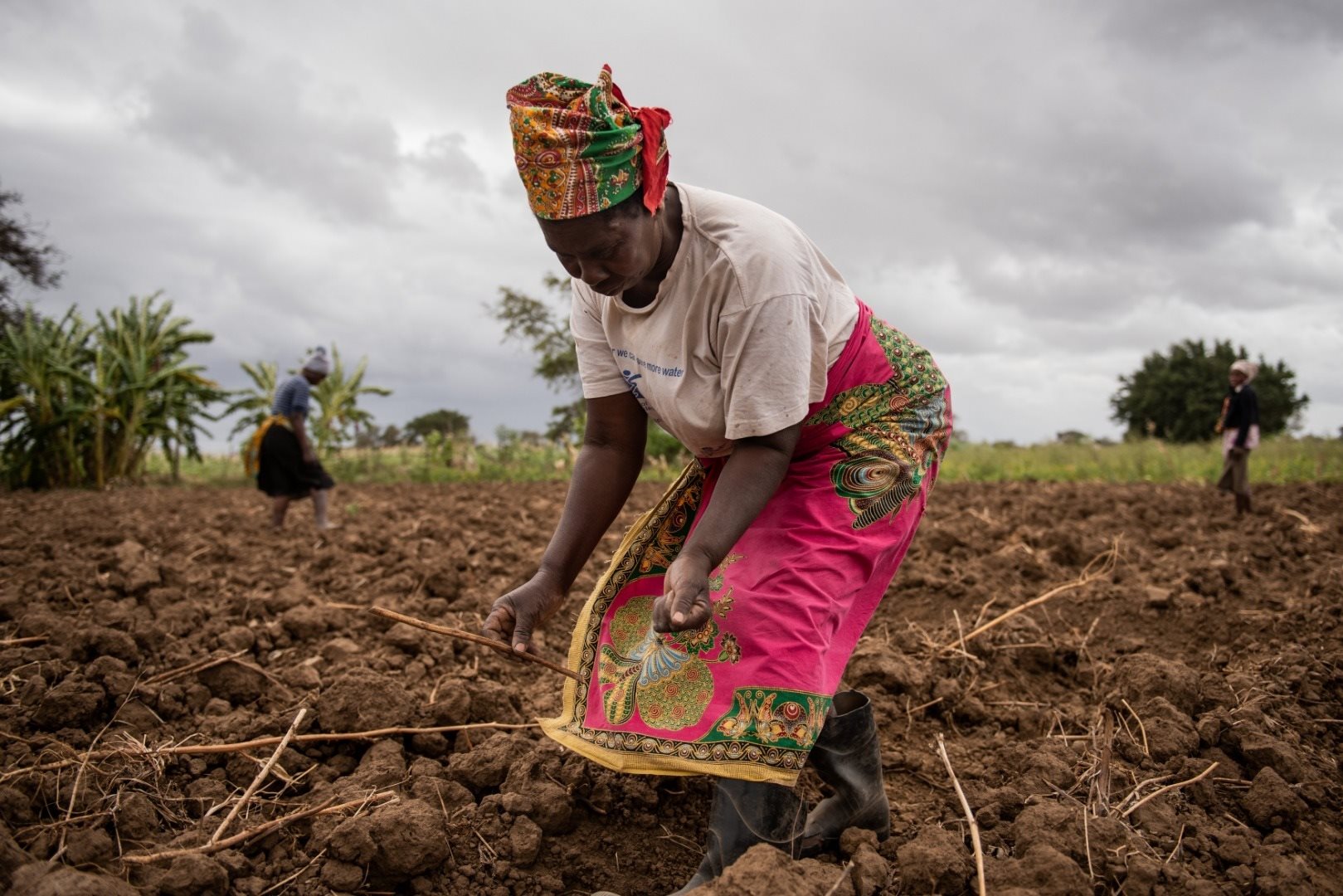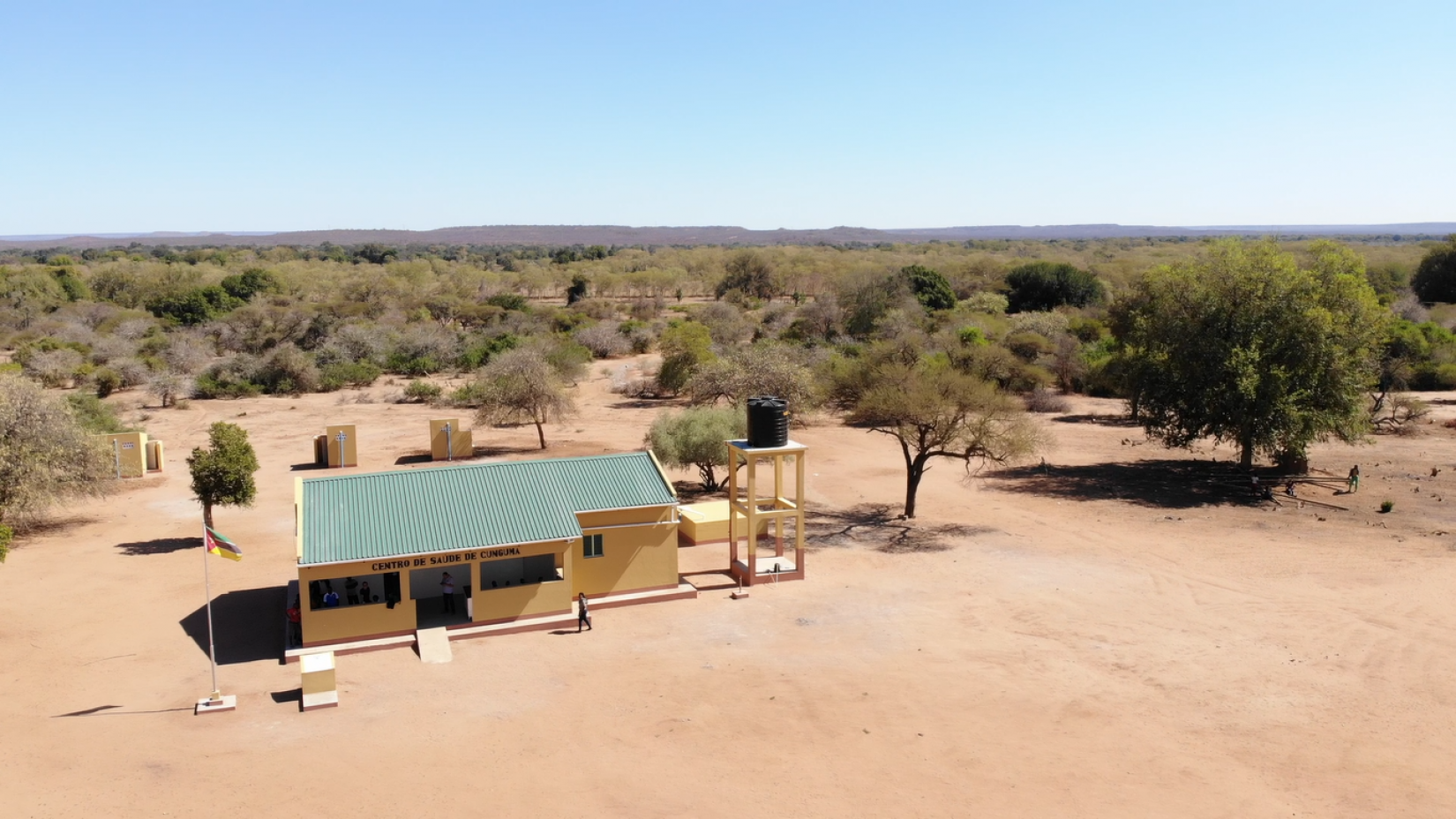Mozambique strengthens its commitment to decentralization and locally-led inclusive development with support from Switzerland and UNCDF
By Helvisney Cardoso
UN Mozambique Communications, Reporting and Outreach Specialist
Tags
With support from the Swiss Agency for Development and Cooperation (SDC), the Government of Mozambique launched a new project and committed approximately US$ 5 million to channel funding via local governments to promote inclusive development and the decentralization policy with technical assistance from the United Nations Fund for Capital Development (UNCDF).
The “Support Programme to Local Governments on Financing Local Resilient Development” in Niassa Province will, over three years, provide funding for locally-led development and inclusive governance in three districts of the Northern Province, reaching approximately 600,000 beneficiaries with climate-adapted services. The new project was launched last week in Lichinga in the presence of representatives of local, provincial and central governments, as well as the international community.
“Our Partners recognize that local governments are uniquely positioned to identify local needs and further promote inclusive socioeconomic development,” affirmed H.E. Secretary of State for Niassa Province, Mr. Dinis Vilanculos.

H.E. Secretary of State of Niassa Province, Mr. Dinis Vilanculo, during the launch of the new project supported by Switzerland. Credits: TVM
“By putting the voices, knowledge and needs of communities at the heart of decentralized governance, local governments can manage climate resilient investments, based on the needs and demand of users, that is the objective of the program that Switzerland is supporting,” said Director of the SDC Governance Unit in Mozambique, Mr. Jean-Mathieu Bloch.
Using UNCDF’s development finance approach and in partnership with the Ministry of State Administration and Public Service and the Ministry of Economy and Finance in articulation with the Ministry of Land and Environment, the programme will contribute to improving inclusive governance and promote local resilience by providing capacity building and technical assistance to local governments and advisory councils so that communities can actively participate in planning, budgeting and other local governance processes in a gender-sensitive manner.
"In so doing, the programme supports the ongoing national implementation of the decentralization reform and prepares subnational governments to fulfill their new responsibilities under the decentralization programme," continues Mr. Jean-Mathieu Bloch.

“Before the school was built, children had to have lessons on the ground under the tree. Now the children are safer inside a concrete building,” said Tamara Moiane, mother of three and a resident of Guijá district, Gaza Province. The school was one of the infrastructures selected by the community to be part of the district's local development plan with the support of UNCDF. The same approach will be used in the new Swiss-funded project in Niassa Province. Credits: UNCDF/Philip Hatcher-Moore.
Following the ongoing decentralization reform, district authorities are expected to be elected in 2023 for the first time. The Swiss-supported programme will contribute to the decentralization reform and, at the same time, support districts in building climate-resilient infrastructure by managing their local development in a transparent and inclusive way.
Ramon Cervera, Representative of UNCDF in Mozambique, recalls that “Mozambique is one of the most vulnerable countries to the impacts of climate change”. Over the past three years, six tropical cyclones (Desmond, Idai, Kenneth, Chalane, Eloise and Guambe) have caused extensive human and material damage across the country.
"With this initiative, we expected to support the fiscal capacities of local governments to finance development infrastructure, while reinforcing the multiple variables associated with the public finance management system, which includes an inclusive and decentralized participatory approach for local climate change adaptation plans" - Ramon Cervera, UNCDF in Mozambique.

Penina Chaogua plants maize seeds in a field in the community of Ndonga, Gaza Province. With UNCDF support, the community was able to build a canal system and an irrigation project that supports a local agricultural cooperative and ensures food security for the entire community. Credits: UNCDF/Philip Hatcher-Moore.
Financing Resilient Development in Mozambique
In the last six years (2015 to 2021) in Mozambique, UNCDF was able to channel US$ 25 million in funding for climate change adaptation in the country through local governments, of which US$ 12 million was allocated to grants based on performance that could be used in climate adaptation projects identified by the population itself.
Locally-led resilient development funding has expanded from the first four districts in Gaza Province in 2015 to 34 districts in eight of Mozambique's 11 provinces in 2021. To date, more than 60 resilient infrastructures have been built or rehabilitated. These include health clinics, maternity hospitals, schools, irrigation systems, flood prevention systems, silos, local markets, bridges, electricity systems, among others.
This was only possible thanks to the contributions and valuable partnership of the Government of Mozambique with the Governments of Belgium, Sweden, Switzerland and Catalonia as well as the support of the European Union via the technical assistance of UNCDF.

"The project which built the new clinic is important for the community. Before that, the community had no help. Pregnant women had to give birth at home without adequate assistance or walk up to 50km to reach the nearest clinic," said Laila Agostinho Huô, member of the community council of Cunguma, Chicualacuala District, Gaza Province. Credits: UNCDF.